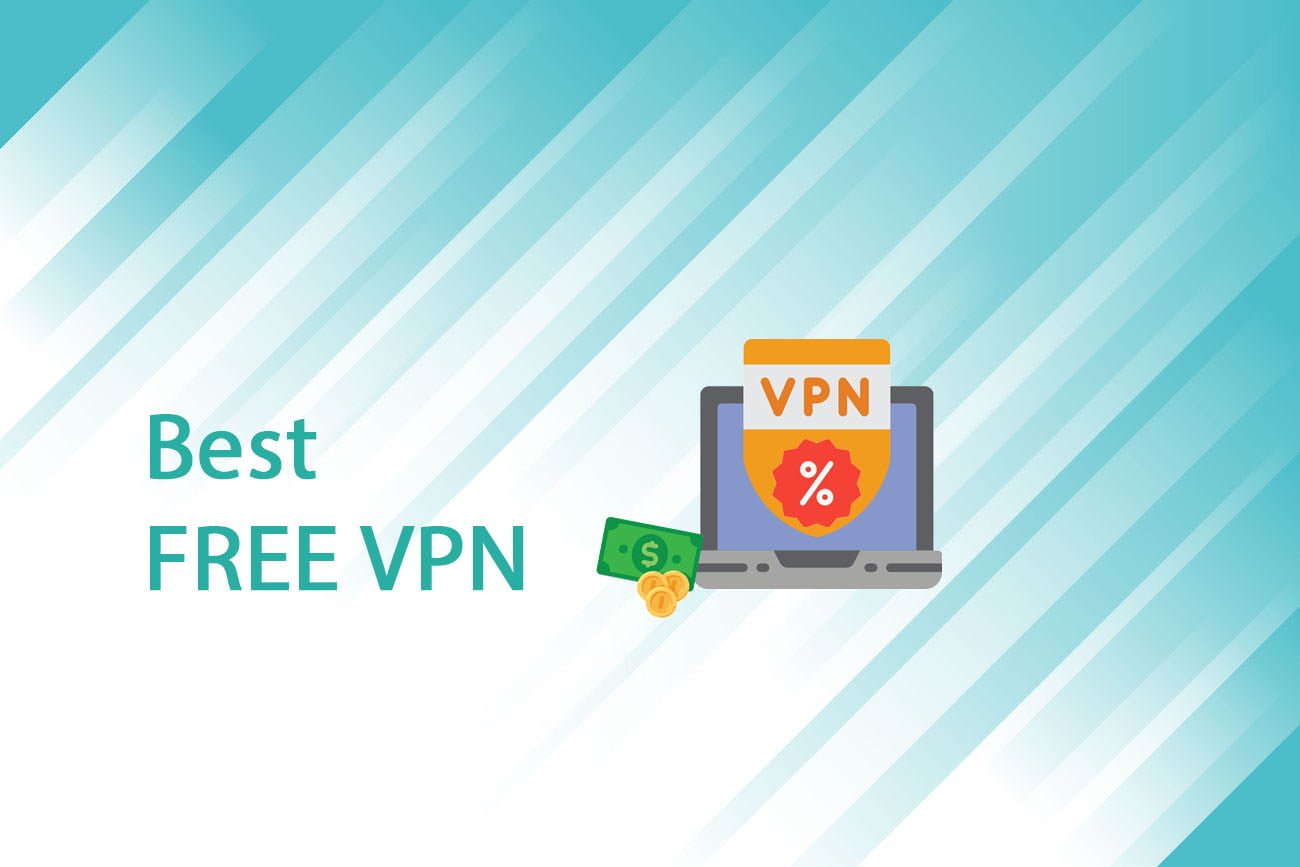What you ought to know whenever protecting your phone
What Is a VPN Tunnel?A ‘VPN tunnel’ is a popular way of describing what comes about when you established up a VPN connection.
In simple conditions, it is really the encrypted communication between your gadget and the VPN server. This interaction is referred to as a tunnel mainly because your unique site visitors is encrypted and wrapped in a layer of unencrypted targeted traffic. It’s like having an envelope with a penned letter inside of, and placing it within a second envelope with a new handle on. Your actual concept becomes absolutely hidden from the outside entire world – as if it was within of a tunnel.
This course of action is identified as encapsulation, and is performed by dedicated tunneling protocols. Encryption Ciphers. To convert your online action into an unintelligible code, VPNs need to have to use an encryption cipher .
- Could I use a VPN while on an new iphone?
- Just how does a VPN effort?
- Will there be VPNs for far off career?
- Just what is a VPN reports limit?
- Is there VPNs for shrewd at home tools?
- Can a VPN help to protect my within the internet training subscriptions?
Just what is a VPN for accessing corporation tools?
A cipher is just an algorithm (i. e. a established of policies) that encrypts and decrypts data.

EXAMPLE: A really basic cipher may possibly encrypt your information making use of the rule ‘swap every single letter in the concept with the letter that precedes it in the alphabet’. So, privateness would become oqhuzbx . Ciphers are generally paired with a certain important-size. Commonly, the for a expressvpn review longer period the critical duration the much more secure the encryption is.
For case in point, AES- 256 is viewed as far more safe than AES- 128 .
The most typically employed ciphers in VPN companies are:1 Superior Encryption Regular (AES)The Superior Encryption Normal (AES) is 1 of the most secure ciphers available. It is the gold normal for on the net encryption protocols, and is extensively utilised in the VPN market. AES was recognized by the US National Institute of Criteria and Engineering (NIST) in 2001, and is also at times recognized as the Rijndael algorithm. It is developed to deal with more substantial information than other ciphers, this kind of as Blowfish, because of to its enhanced block dimension.
AES is typically readily available in 128-bit and 256-little bit vital-lengths. While AES-128 is however viewed as secure, we know that organisations like the NSA efforts are usually hoping to undermine encryption benchmarks. As this sort of, AES-256 is preferred as it is likely to offer you much increased defense. When you read about ‘ military-grade ‘ or ‘ bank-grade ‘ encryption on a VPN service’s web site, it usually refers to the use of AES-256.
The US government uses AES-256 encryption to protected its own delicate details, and it truly is some thing we look for when tests and reviewing VPNs. 2 Blowfish. Blowfish is a cipher made by American cryptographer Bruce Schneier in 1993. It applied to be the default cipher made use of in most VPN connections, but has now been largely replaced by AES-256. You’ll usually see Blowfish applied with a 128-bit critical length, though it can assortment from 32 bits to 448 bits. There are some weaknesses with Blowfish. Most very well-recognized is its vulnerability to a cryptographic attack regarded as a ‘birthday attack’.
For this cause, Blowfish really should only be made use of as a fallback to AES-256 . 3 ChaCha20. Published in 2008 by Daniel Bernstein, ChaCha20 is a moderately new VPN encryption cipher.
Even with this, it is starting to be more and more well known as it is the only cipher compatible with the well-known WireGuard protocol. Like AES, ChaCha20 takes a 256-bit vital duration, which is viewed as very secure.
